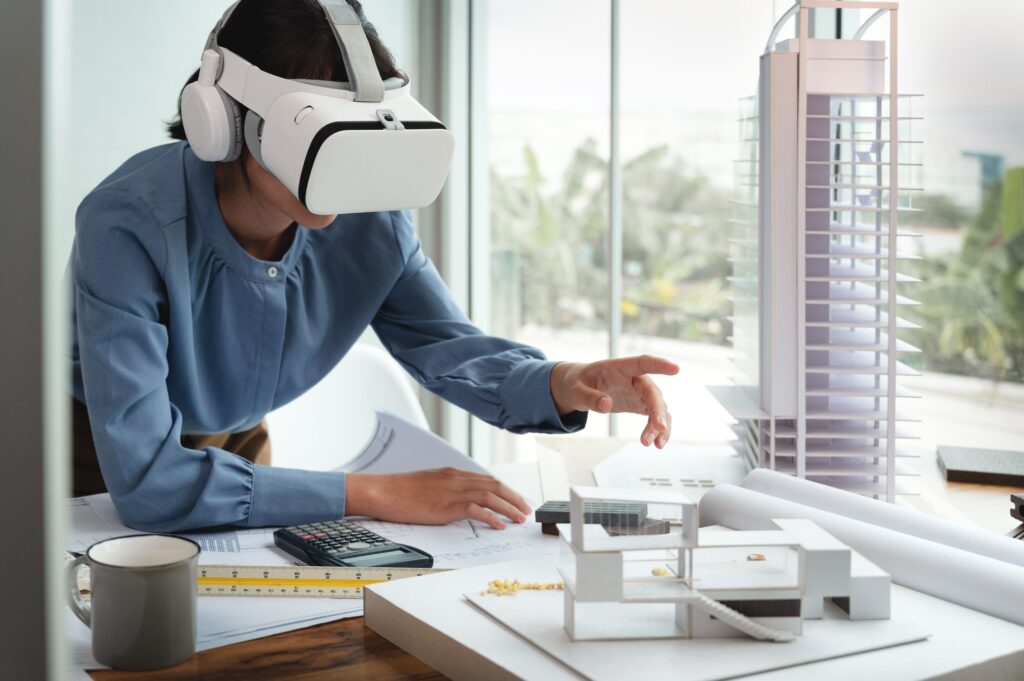THE ROLE OF BUILDING AUTOMATION SYSTEMS IN OPTIMIZING BUILDING SERVICES
Introduction: Building automation systems (BAS) have emerged as a crucial component in modern buildings, revolutionizing the way building services are managed and optimized. With advancements in technology, BAS has evolved to provide a comprehensive solution for controlling, monitoring, and managing various building systems, leading to improved energy efficiency, enhanced occupant comfort, and increased operational cost savings. In this article, we will explore the vital role played by building automation systems in optimizing building services.

- Energy Efficiency: One of the primary benefits of building automation systems is their ability to optimize energy consumption. BAS integrates and controls various building systems such as heating, ventilation, and air conditioning (HVAC), lighting, and occupancy sensors. By intelligently monitoring and adjusting these systems based on real-time data, BAS ensures that energy is used efficiently. For instance, BAS can automatically adjust temperature and lighting levels based on occupancy and external conditions, reducing energy wastage and resulting in significant cost savings.
- Improved Occupant Comfort: Building occupants’ comfort is crucial for productivity, well-being, and overall satisfaction. Building automation systems enable personalized control over environmental conditions within a building, ensuring optimal comfort for occupants. BAS can adjust temperature, humidity, and lighting levels based on individual preferences and occupancy patterns. Additionally, advanced BAS can provide real-time feedback and alerts, enabling facility managers to promptly address comfort issues and maintain a pleasant environment.
- Enhanced Operational Efficiency: Efficient operation and maintenance of building systems are essential for seamless facility management. BAS centralizes control and monitoring, providing facility managers with a comprehensive view of the building’s systems and performance. By integrating various subsystems, such as HVAC, lighting, and security, BAS enables streamlined operation and allows for proactive maintenance. Real-time data and analytics provided by BAS enable predictive maintenance, helping to identify potential equipment failures or inefficiencies before they occur, reducing downtime and minimizing repair costs.
- Optimal Resource Allocation: Building automation systems enable effective resource allocation by collecting and analyzing data from multiple sensors and devices. BAS can track occupancy patterns, energy usage, and environmental conditions, allowing facility managers to make informed decisions regarding resource allocation. For example, data from BAS can be used to optimize space utilization, identify underutilized areas, and implement energy-saving measures. By leveraging this data, facility managers can optimize the allocation of resources and reduce waste, resulting in substantial cost savings.

- Integration and Scalability: Modern building automation systems are designed to integrate with other smart building technologies, enabling a holistic approach to building management. BAS can integrate with data analytics platforms, energy management systems, and cloud-based platforms, providing a seamless flow of information and enabling data-driven decision-making. Furthermore, BAS is scalable, allowing for easy expansion and integration of additional systems as the building’s needs evolve.
Conclusion: Building automation systems have become indispensable tools in optimizing building services, offering significant benefits in terms of energy efficiency, occupant comfort, operational efficiency, and resource allocation. By integrating and controlling various building systems, BAS empowers facility managers to make informed decisions, improve building performance, and reduce operational costs. As technology continues to advance, building automation systems will play an even more critical role in the future of smart buildings, driving sustainability and enhancing the overall occupant experience.


